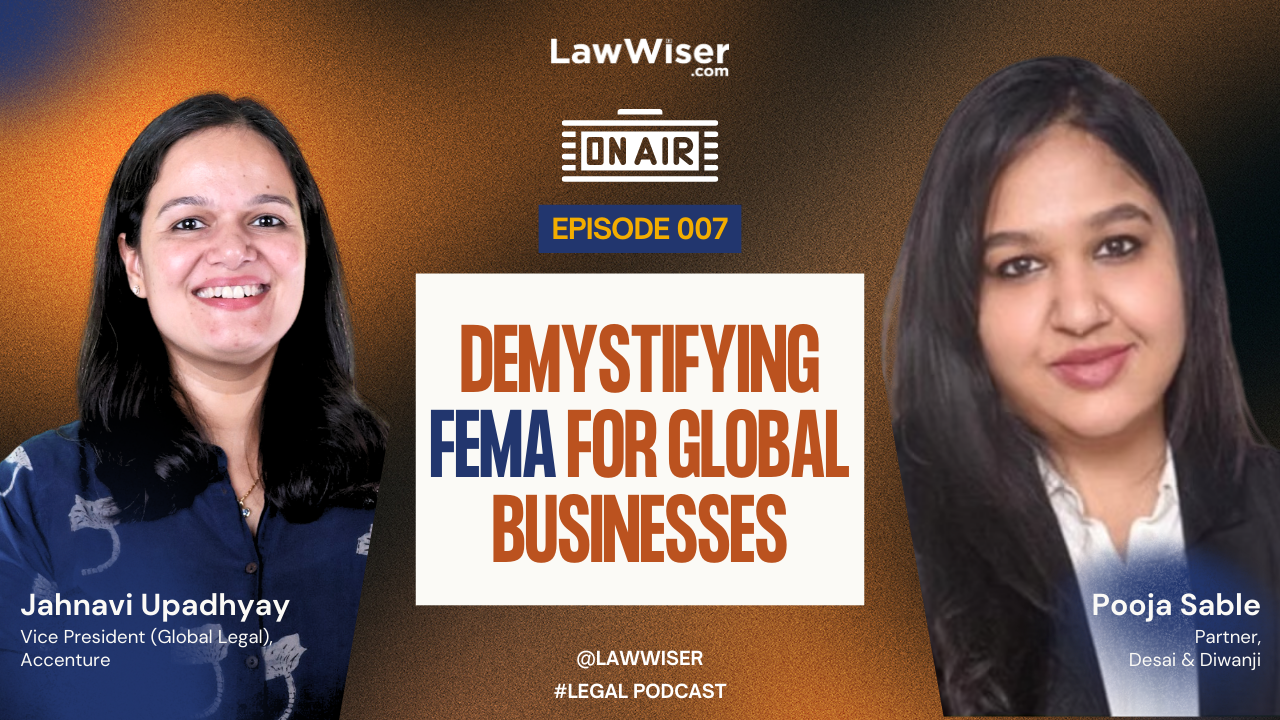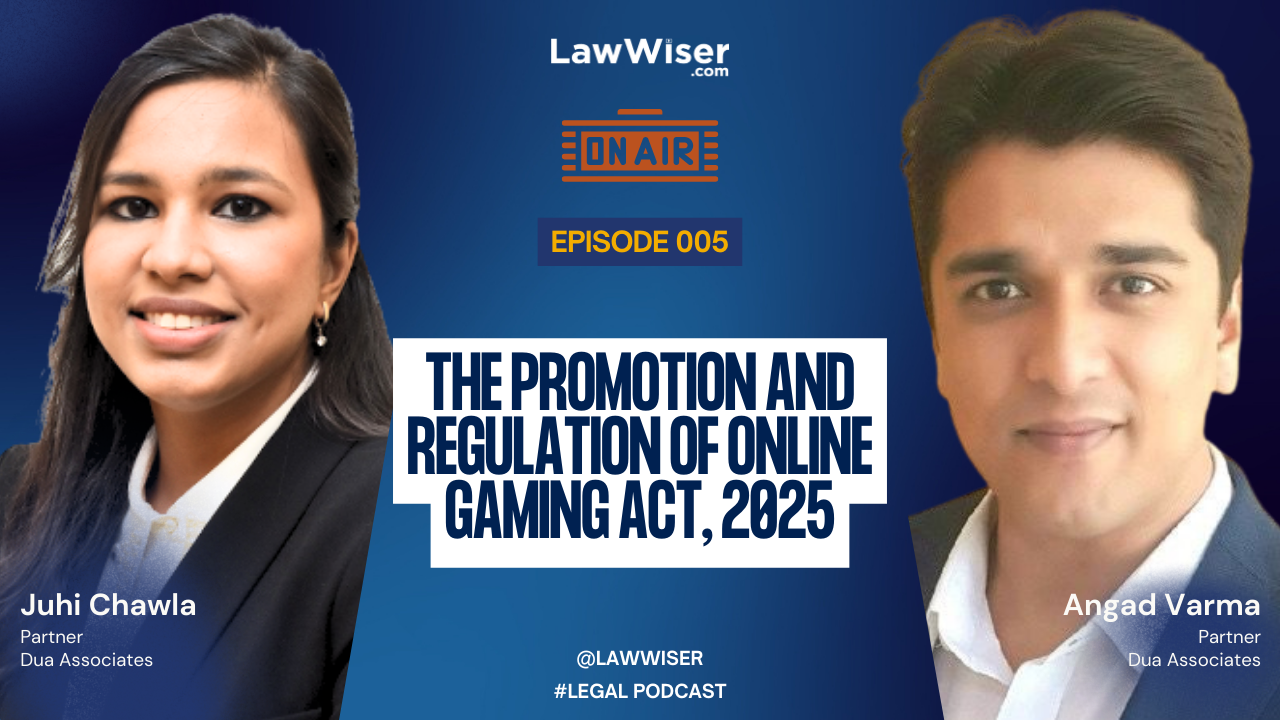LEVY OF 18% GST ON HOUSE RENT
Do you know about the amendment brought to the GST Regime in India? And about the 18% GST on House Rent?
Watch now, our latest video where Avani Shukla, Associate- content & collaborations will help us understand the amendment more in detail, the applicability and non-applicability of the regulation and much more.
In this video –
Do you know about the amendment brought to the GST Regime in India – It is regarding the Levy of 18% GST on House Rent.
So, let us understand what it is about –
The government has introduced a new GST regulation for ‘Renting of Residential Property.’ As per this amendment when a residential property is rented to a GST-registered person, he will be subjected to GST under the Reverse charge Mechanism.
In simple terms, a GST- registered tenant is required to pay GST at the rate of 18% when they rent a residential property. This will not depend on whether the landlord is GST registered or not.
Previously, residential properties were exempted from all taxes, regardless of whether the landlord or tenant is GST registered or not. In this amendment, the tax will be assessed using a reverse charge mechanism, rather than in a conventional manner. But what does the reverse charge mechanism mean? In the reverse charge mechanism, the tax obligations are imposed on the beneficiary of goods and services rather than the supplier of goods and services.
When does this regulation will not apply –
– When renting a residential home, tenants who are not registered for the GST are exempted from paying it.
– When renting a home, the salaried class person is exempted from these GST obligations.
If you want to know further details about Laws protecting tenants and homeowners, do watch our three-part series on renting laws where we talk about basic and specific laws that every tenant and landlord should know about.
Write to us at talktous@lawwiser.com











